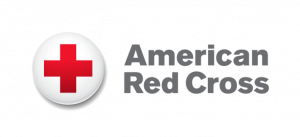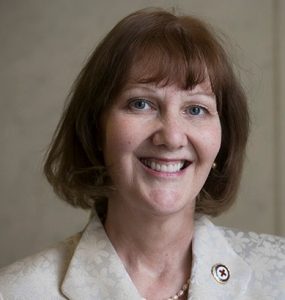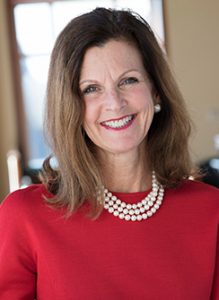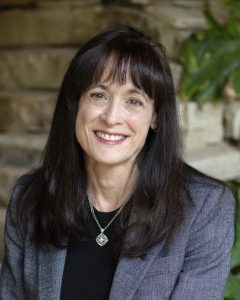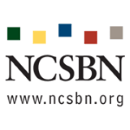OADN advocates to secure no-cost access for all healthcare educators
(September 21, 2020) – Infectious disease screening and compliance management company CastleBranch is building on its groundbreaking efforts to help protect people from COVID-19 with the release of CB Roll Call, designed specifically to protect educators. This new tool helps educators identify students who are clear of COVID-19 symptoms, and those who are not, before they step foot inside a classroom, and is being donated at no cost to healthcare educators as a result of negotiations between CastleBranch and the Organization for Associate Degree Nursing (OADN).
“Throughout this difficult COVID-19 pandemic, the entire healthcare education community has been working tirelessly to overcome dangerous interruptions to critical clinical education. It’s incumbent upon all of us to provide a safe, healthy teaching environment for faculty to pass on their knowledge to the next generation without fear of endangering their lives when doing so,” said Donna Meyer, CEO of OADN.
An educator’s primary role is to educate – not to screen students for possible COVID-19 symptoms and exposure while maintaining compliance with state and federal privacy laws. But with student populations across the country experiencing a surge in COVID-19 cases, educators are at a higher risk of exposure now more than ever. These educators need protection – especially those in healthcare, who are tasked with developing the next generation of lifesaving healthcare professionals.
CB Roll Call is designed to help educators mitigate this risk by providing visibility into the health and wellness of a classroom before educators and students arrive. The online application, used in conjunction with CB COVID-19 Compliance, compiles daily wellness records for participating users, including temperatures recordings, symptom reporting, travel and exposure attestations. Based on the recorded data, an educator is then given visibility into which students are symptom- and exposure-free of COVID-19, which ones are not symptom- or exposure-free, and enables them to make the best decision for the health and safety of themselves, their classroom and their family. The tool, designed by a company with over 20 years of experience as a consumer reporting agency and infectious disease screening organization, is also built to ensure compliance with all relevant state and federal privacy regulations.
“Becoming an essential worker means you should be protected like an essential worker,” said Brett Martin, CEO of CastleBranch. “As essential workers, educators are now on the front lines in the fight against COVID-19, which is why we want to make sure they have the resources they need to protect themselves, their classrooms and their communities.”
To learn more about how CastleBranch can help, visit discover.castlebranch.com/covid-19-resources/ or call or email us at 888.723.4263 ext. 1066, covid19@castlebranch.com

